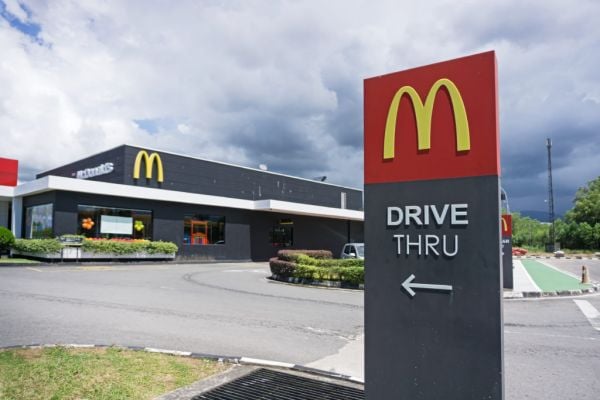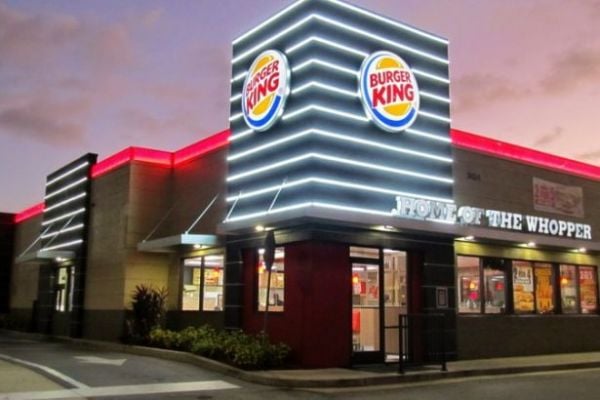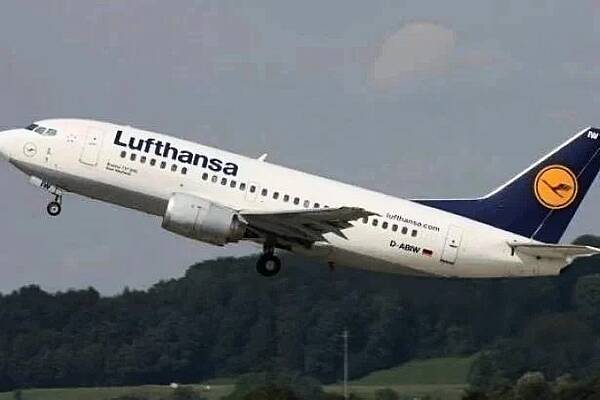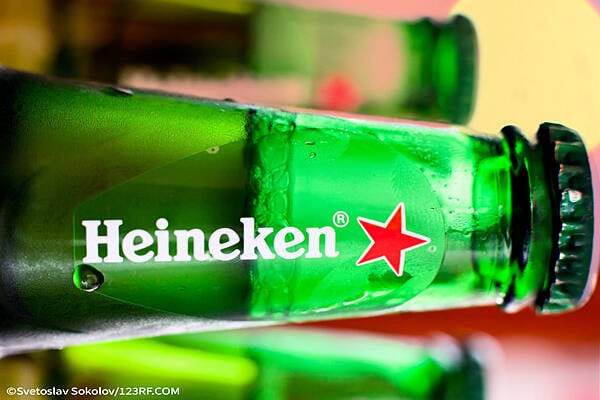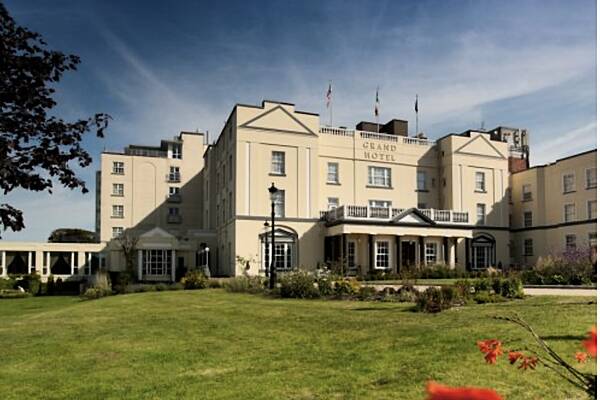Burger King Worldwide Inc. has agreed to acquire Tim Hortons Inc. for about C$12.5 billion in a deal that creates the third-largest fast-food company and moves its headquarters to Canada. The deal is backed in part by Warren Buffett’s Berkshire Hathaway Inc.
The purchase gives Burger King access to a coffee brand with a cult following, which may help boost breakfast sales. Tim Hortons, Canada’s biggest seller of coffee and doughnuts, also lets Burger King get into the grocery business by selling packaged coffees at supermarkets in North America. Tim Hortons self-serve kiosks offering hot drinks and doughnuts also exist in many Spar convenience stores and supermarkets in Ireland. The combined business would create a fast-food network with $23 billion in sales, including franchisees, and more than 18,000 restaurants in 100 countries.
Tax Benefit
The acquisition also moves the merged entity’s global headquarters to Canada to take advantage of lower corporate taxes. When the companies disclosed the talks on 24 August, it heightened debate over American businesses shifting to other countries in search of lower corporate tax bills, which president Barack Obama previously criticised.
3G Capital, the investment firm that owns about 70 per cent of Burger King, will convert that stake into roughly 51 per cent of the new company. Berkshire Hathaway has committed $3 billion of preferred equity financing, according to the statement, which didn’t disclose terms on the stake. Berkshire won’t participate in managing the restaurant business.
‘Magnificent Job’
3G, which was co-founded by Brazilian billionaire Jorge Paulo Lemann, joined Buffett last year in a $23.3 billion takeover of HJ Heinz Co. Lemann’s firm is known for making cost cuts at the businesses it acquires, including Heinz.
“3G does a magnificent job of running businesses,” Buffett said in May at his company’s annual meeting. “We’re very likely to partner with them, perhaps on some things that are very large.”
Fast-Food Slump
Burger King, the second-largest US burger chain, has struggled to boost North American same-store sales and compete with McDonald’s Corp.’s breakfast fare. Buying Tim Hortons would give Burger King a coffee brand that’s coveted by Canadians, as well as some Americans, to help revamp its breakfast lineup.
Burger King also may be in a position to expand Tim Hortons restaurants in the 98 countries where it operates. There may be supply-chain, marketing and administrative cost savings as well.
Within the new parent company, the two chains will remain stand-alone businesses and maintain their current headquarters. Burger King is run from Miami, while Tim Hortons is based in the Toronto suburb of Oakville.
Burger King said it was committed to Canada and wouldn’t change the way Tim Hortons operates, aiming to reassure consumers that one of the country’s most beloved brands wasn’t in jeopardy. Tim Hortons, which claims to sell eight out of 10 cups of coffee in Canada, was founded Canadian ice hockey player Tim Horton in 1964 and has become one of the nation’s most recognised companies.
Still, this isn’t the company’s first time being acquired by an American burger chain. Wendy’s Co. bought Tim Hortons in 1995 and then spun it off as a public company in 2006.
“Our customers, employees, franchisees and fellow Canadians can all rest assured that Tim Hortons will still be Tim Hortons following this transaction,” Caira said in the statement.
Bloomberg News, edited by Hospitality Ireland


